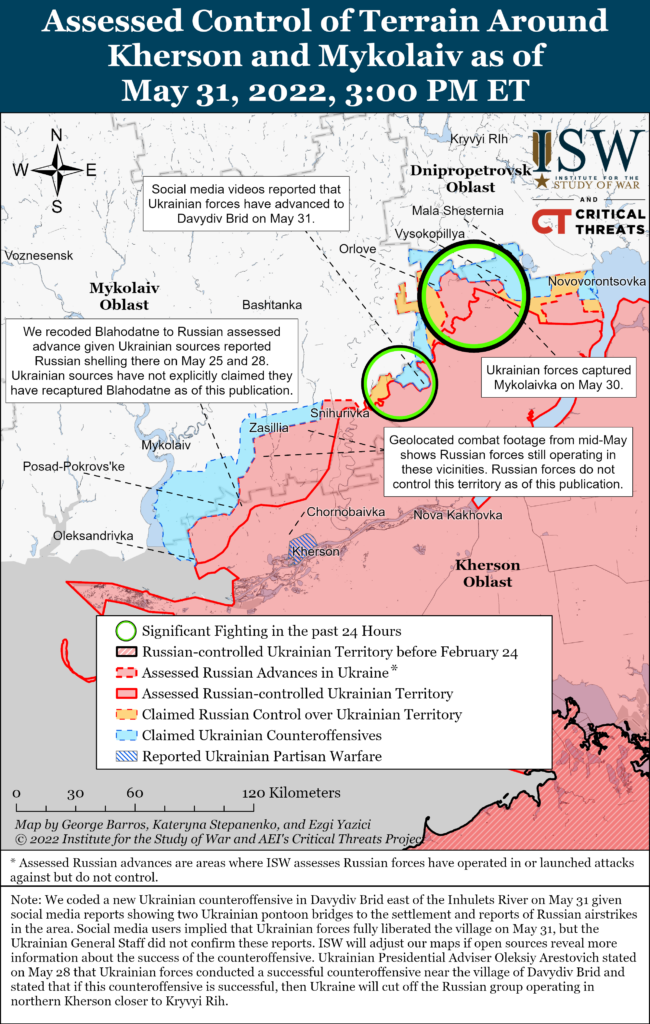Elias Yousif
The Biden Administration has confirmed it is sending advanced High Mobility Artillery Rocket Systems (HIMARS) to Ukraine. This most recent in a series of expansions in military assistance represents a significant shift in the sophistication of military hardware that the US has committed to leaders in Kyiv.
HIMARS will significantly extend the effective engagement range of Ukrainian forces, an important capability in the country’s vast eastern steppe. The system, which consists of a multi-launch rocket system mounted on a Medium Tactical Vehicle, fires a variety of rockets capable of satellite guidance with ranges of between 70- and 499-kilometers, though the Administration has stated it will only provide rounds with 70-kilometer approximate range. The promised transfer comes on the heels of the provision of other indirect fire weapons, including dozens of M77 Howitzers with a maximum range of 30 kilometers.
Russia’s decision to re-focus its military effort on seizing Ukraine’s eastern Donbas region has elevated the importance of long-range artillery systems in day-to-day fighting. In order to make up for strategic and tactical deficits, Moscow has leaned all the more heavily on its superior firepower to pound Ukrainian defenses and civilian targets from afar. Accordingly, Ukrainian officials have made increasingly desperate pleas for longer-range systems, like HIMARS, to counter Russia’s ability to bombard Ukrainian positions from beyond the reach of Ukrainian systems.
Until now, the Biden Administration had been hesitant to provide these long-range systems fearing the risk that it would be seen as a too great provocation to Moscow. But it seems that Russia’s advances in the Luhansk Oblast and its near capture of the city of Sievierodonetsk have altered calculations in Washington. The Biden Administration has sought to mitigate the risk of Russian retaliation, extracting commitments from the Ukrainians not to use the systems to strike targets in Russia and only providing medium range munitions.
The United States has only transferred the system to a handful of other partners. According to Lockheed Martin, the manufacturer of the system, the HIMARS is only currently fielded by the United States, Singapore, Jordan, Poland, Romania, and the United Arab Emirates, though data below from the Security Assistance Monitor also shows a 2020 sale of the system to Taiwan.
While the decision to transfer the HIMARS may set significant precedent, it is likely too late for the weapons system to turn the tide in the Luhansk Oblast. There Russian forces are on the verge of capturing Sievierodonetsk—at this point the easternmost city controlled by Kyiv—which will give Russia control of the entire province. Moreover, the Administration has thus far only committed to sending four of the systems, a figure some Ukrainian officials have said is insufficient to make a difference on the battlefield.
Map and notation by the Institute for the Study of War. Kateryna Stepanenko, Karolina Hird, and Frederick W. Kagan.

No comments:
Post a Comment